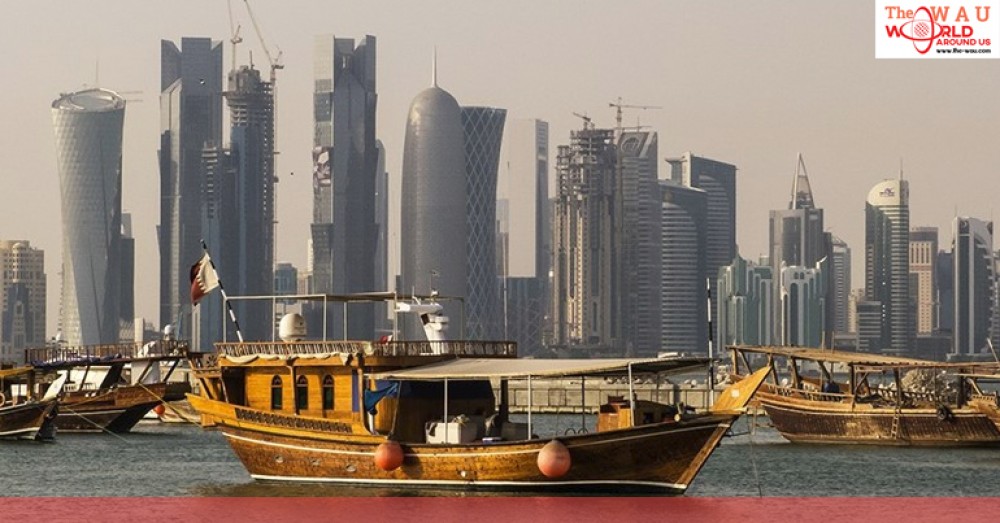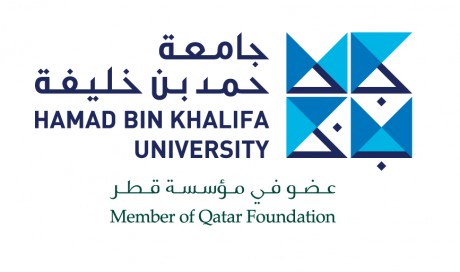Qatar’s new ban on Arab products signals that the year-long Saudi-led blockade aimed at keeping Doha in Riyadh’s economic and political orbit has likely backfired, reported RT.
Qatar’s Ministry of Economy and Commerce announced on Saturday that it would prohibit the sale of all products made in Saudi Arabia, the United Arab Emirates, Bahrain, and Egypt – nearly a year after the four Arab states severed diplomatic ties with Doha and imposed sanctions and airspace restrictions.
Despite the original embargo, it was still possible for Qataris to purchase Saudi and Egyptian goods that had been rerouted through Kuwait and Oman. The ministry said the new, stringent provisions were motivated by “protectionism” and a need for “consumer safety.”
The import ban suggests that Qatar now feels confident enough – both politically and economically – to strike back, Jack Rasmus, professor of political economy at Saint Mary's College of California,According RT.
“Qatar probably feels that the US military bases [it hosts] are important enough that it can take reciprocal action,” Rasmus said, adding that Washington must tread carefully if it hopes to persuade Qatar to embrace its hardline stance on Iran.
“Qatar might go its own way, find alternative markets – which is now Turkey and so forth. And that would be a kind of difficulty for the Trump administration if Qatar develops its relationship with Iran and Iranian markets, which it wants to do. It would signal a decline or loss of US influence and the united front among its allies there against Iran.”
According to Rasmus, the Saudi-led blockade, which aimed in part to discourage Doha from developing bilateral relations with Iran, has not produced the desired results for Riyadh.
“The blockade had an initial effect on the Qataris, but they have quickly adjusted to that. They’ve established relationships with other economies, and in the long run [the blockade] won’t have much effect on their economy. They have a lot of exports and energy products – and a lot of people will want to buy them,” Rasmus said.
Doha signed a transportation agreement with Turkey and Iran in November 2017, which facilitated trilateral trade and increased exports to Qatar in the wake of the blockade.
In March, the International Monetary Fund (IMF) said that the effect of the blockade on economic activity in Qatar had been “transitory” as new trade routes were quickly established and growth remained positive.
...[ Continue to next page ]
Share This Post















